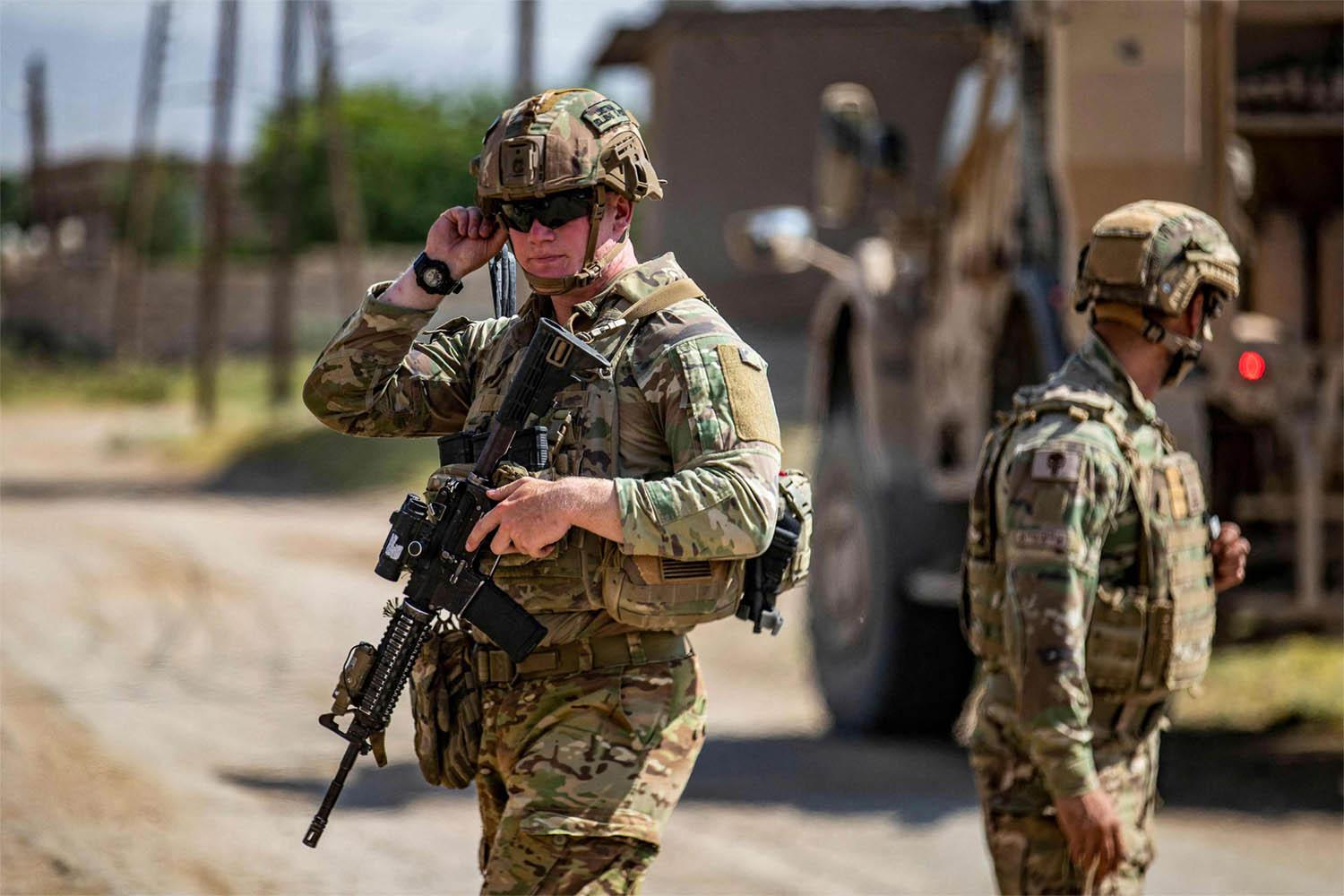US Military Raid in Syria Kills Senior ISIS Leader Salah Numan

In a significant blow to the Islamic State (ISIS) terror group, U.S. military forces have killed a high-ranking official during a pre-dawn raid in northern Syria. The operation, which took place in the Idlib province, resulted in the death of Salah Numan, also known by the alias Ali. According to U.S. and Syrian security sources, Numan was an Iraqi national and a pivotal figure within the group, considered a leading candidate to become the next head of ISIS in Syria.
This successful, helicopter-borne raid underscores the persistent threat posed by ISIS, even after it lost its territorial "caliphate" in 2019. Despite the defeat of its physical stronghold, the group has continued to operate through sleeper cells and a decentralized network, carrying out deadly attacks across the region. Numan was reportedly instrumental in mobilizing these cells, making his elimination a critical success for counter-terrorism efforts.
A Strategic Strike in a Volatile Region
The raid occurred in the town of Atmeh, near the Turkish border—a volatile area that has been a frequent target for U.S. and coalition forces. This region has served as a hiding place for several senior ISIS and al-Qaeda leaders, who have sought refuge amidst the complex and fractured security landscape. The operation highlights the ongoing intelligence-gathering and direct-action strategy employed by the U.S. military, even as the global focus shifts to other geopolitical priorities.
Details from sources indicate that U.S. forces, supported by drones and helicopters, surrounded a compound for several hours before the raid. Syrian state media confirmed that Numan was killed as he attempted to flee the house, where he was reportedly living with his family. The presence of a French national, identified as Numan’s wife, was also reported at the scene, though her status remains unclear.
The death of Salah Numan marks the latest in a series of targeted strikes against ISIS leadership. Since 2019, at least five consecutive top leaders of the group have been killed in Syria, including its founder Abu Bakr al-Baghdadi. These operations, often carried out by U.S. special forces, have consistently targeted the organization's command structure, aiming to disrupt its ability to plan, finance, and execute attacks.
The Evolving ISIS Threat
While the elimination of a senior leader is a major victory, experts and U.N. officials warn that ISIS remains a resilient and adaptable global threat. A recent U.N. report noted that despite significant leadership attrition, the group has managed to retain its operational capacity by shifting to a less hierarchical, more decentralized model. The threat is particularly pronounced in Africa and Afghanistan, where ISIS affiliates are growing in strength and influence.
In Syria, the group is exploiting security gaps and political instability, particularly following the recent political transition. The U.N. also highlighted concerns that detention camps and other facilities holding tens of thousands of individuals with purported ties to ISIS could become incubators for radicalization
The death of Salah Numan is a stark reminder that the fight against ISIS is far from over. His role in mobilizing sleeper cells demonstrates the group's continued capability to operate covertly and strike without warning. For the U.S. Central Command (CENTCOM) and its allies, this raid is a testament to their unwavering commitment to hunting down and eliminating key figures who pose a direct threat to global security. The success of this operation ensures that the pressure on the group's leadership will continue, making it more difficult for them to regroup and plan future attacks.
What's Your Reaction?
 Like
0
Like
0
 Dislike
0
Dislike
0
 Love
0
Love
0
 Funny
0
Funny
0
 Angry
0
Angry
0
 Sad
0
Sad
0
 Wow
0
Wow
0





















